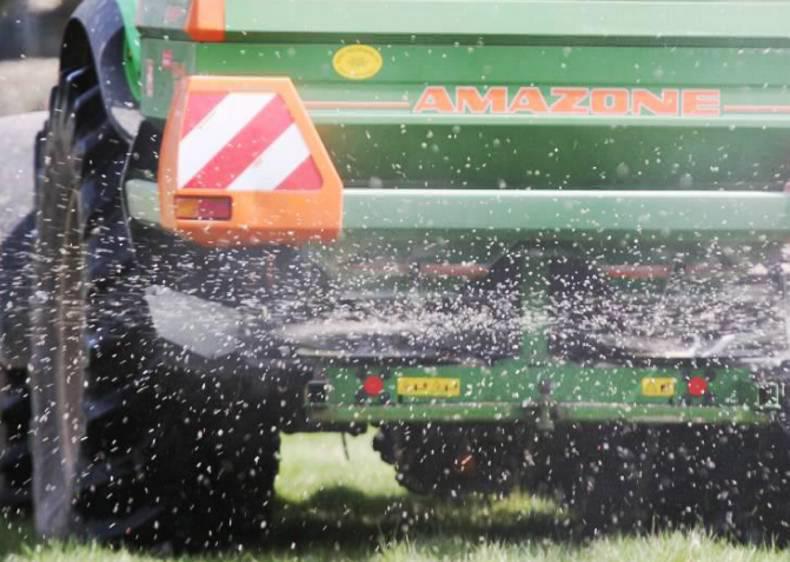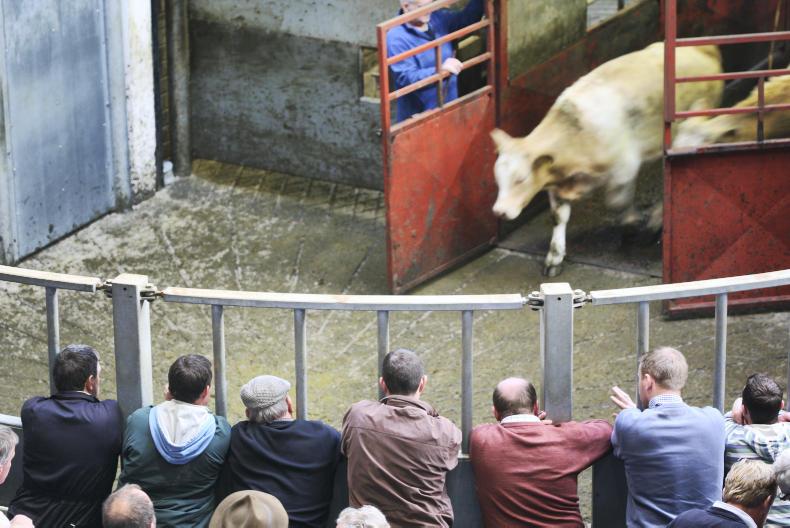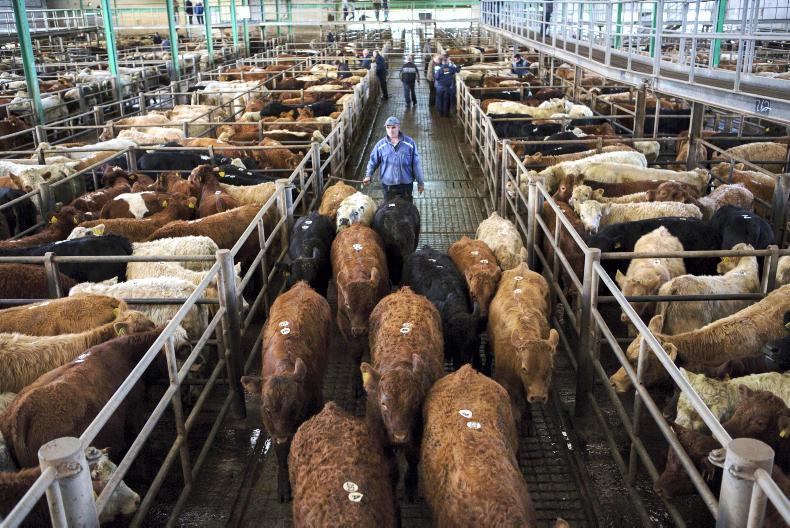Earnings and margins took a large hit at the Norway based fertiliser producer, as weaker fertilizer prices were only partly offset by positive energy and currency translation gains.
Depsite delivering the same volume of fertiliser in the second-quarter as one year earlier, earnings (EBITDA excluding special items) fell 22% to NOK 3,958m (€422m), due to the lower fertilizer prices globally.
However, for the first half of the year, fertiliser sales volumes decreased 2.3% to 13.1m tonnes compared to H1 2015. An 11% increase in volumes to Brazil (now it’s second largest market) and 10% increase to other countries in South America offset a 3.8% decline in Europe (it’s largest market).
For the half year, operating profit fell 8.3% to NOK 6,915m (€738m) as revenues fell 8.6% to NOK 50,919m (€5.4bn). Operating margin for the first six months was 13.5%.
Falling energy costs
Overall, margins declined compared to second quarter last year as sales prices fell more than input costs. Yara’s average realized urea and nitrate fertilizer prices decreased around 25%.
Gas costs, which can account for up to 80% of the total cost of fertiliser were 33% lower compared to the same period last year. This fall in the cost of gas offset around two thirds of the negative price effect for products produced in Europe.
Yara is expecting a further NOK900m (€96m) saving in the cost of its energy for the second half of the year.
Outlook
Yara has said it enters the third quarter with a stronger European order book than a year ago. It said that the outlook for farm margins “remained supportive overall to the application of fertiliser” due to the lower prices of fertilisers and other farm inputs.
Yara sees continued growth for fertilizers in Brazil given the improved agricultural export competitiveness as a result of the weaker Brazilian Real along with improved credit availability. (Brazil has become a key market for the international fertiliser group).
Yara boss interview - inside the world's largest fertiliser business








SHARING OPTIONS